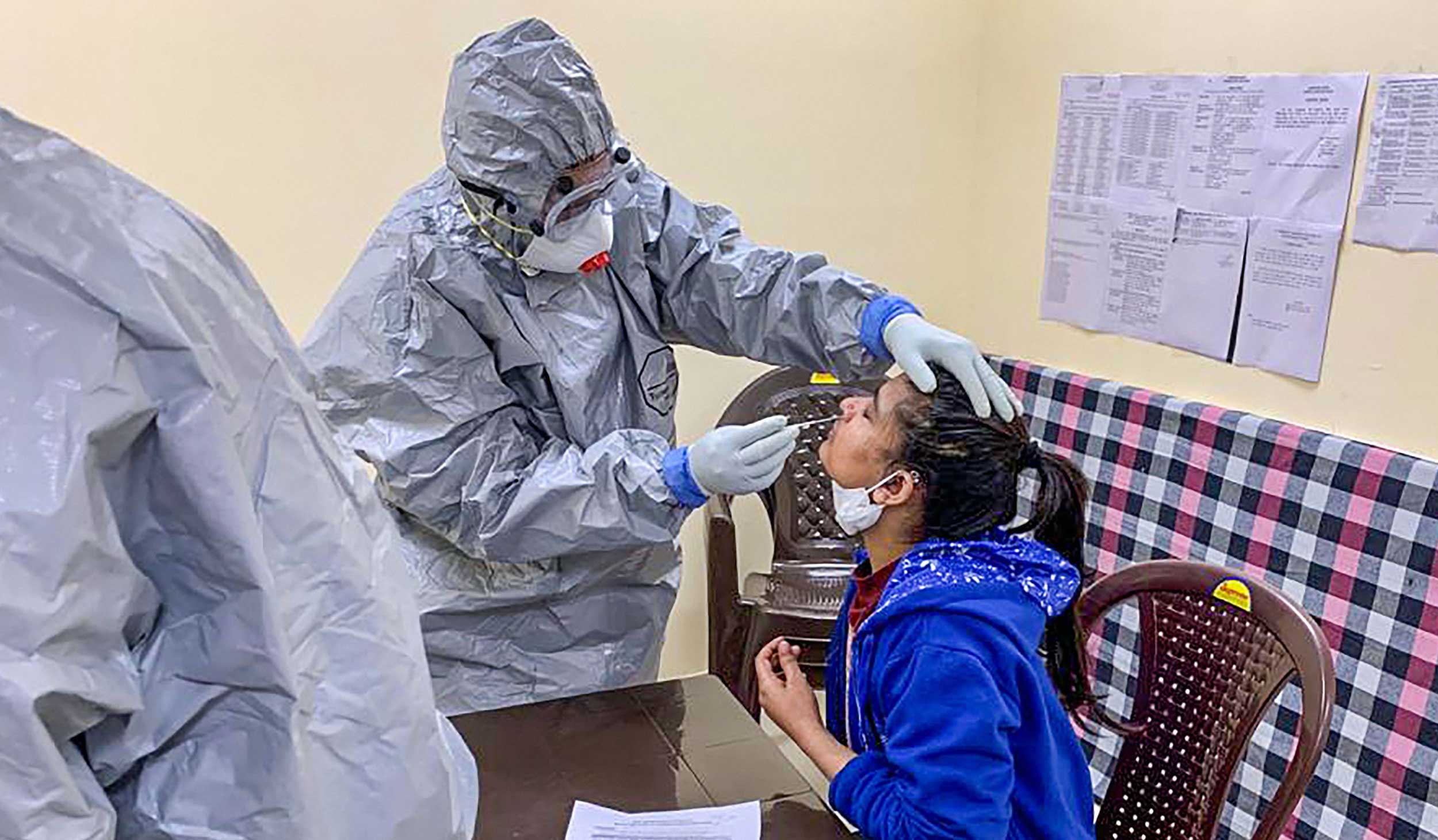Patients infected by the novel coronavirus can potentially spread the virus on average for 20 days after onset of illness, according to a study that has also suggested that old age and sepsis increase patients’ risk of dying.
The study by Chinese medical researchers and the first to examine risk factors associated with severe disease and death in hospitalised coronavirus patients has found that survivors shed the virus for eight to 37 days with an average for 20 days. Viral shedding refers to the presence of the virus in nasal or throat secretions from where it can be expelled through coughs or sneezes.
Their findings, based on the clinical records of 191 patients — of whom 54 died — admitted to two hospitals in Wuhan, China, have implications for how long to isolate or quarantine patients who test positive for the coronavirus. Patients who did not survive shed the virus until death. Wuhan is the epicentre of the coronavirus outbreak.
The study, published on Tuesday in The Lancet, a medical journal, also found that patients who were older, showed signs of sepsis or blood clotting issues, or had high blood pressure or diabetes when admitted to hospital had higher risk of death.
The findings corroborate clinicians’ observations that older patients or those with underlying chronic illnesses appear more susceptible to severe disease — a pattern also observed with other viral infections such as influenza.
“Poorer outcomes in older people may be due, in part, to age-related weakening of the immune system and increased inflammation that could promote viral replication, causing damage to the heart, brain and other organs,” Zhibo Liu, a co-author of the study at Wuhan’s Jintinyan Hospital, said in a media release issued by The Lancet.
The study for the first time describes the chronological picture of the progression of illness in coronavirus patients, noting that the average time from onset of illness to shortness of breath was about seven days in both survivors and non-survivors.
From the onset of illness, patients developed sepsis on average after nine days, acute respiratory distress syndrome after 12 days, heart damage and kidney damage after 15 days and secondary infections after 17 days.
Prolonged viral shedding suggests that patients may be capable of spreading the virus; the researchers caution that disease severity influences the duration of viral shedding and two-thirds of the patients in the study had severe or critical illness.
“The longer the viral shedding, the more opportunity for the virus to spread,” said Govindkarnavar Arunkumar, a senior scientist at the Manipal Institute of Virology who was not associated with the Chinese study.
The study also observed differences in the frequency of complications among survivors and non-survivors. Doctors observed respiratory failure in 53 (98 per cent) of the 54 patients who died but in only 50 (36 per cent) of 137 survivors. They detected secondary infections in 27 (54 per cent) of patients who died but only in 1 (1 per cent) of the patients who survived.
The 191 patients included in the study were aged between 18 and 87 years. Compared with survivors, patients who died were more likely to be older. The average age of those who died was 69 years compared to the average age of 56 years of those who survived. Patients who died also had higher scores — stronger signatures — of sepsis and blood clotting issues at admission compared with those who survived.
More cases
The health ministry on Tuesday announced six fresh cases of the coronavirus in the country — four persons in Bangalore with a travel history to the US and two in Pune with a travel history to Dubai.
The ministry on Tuesday also asked international passengers returning to India from China, Hong Kong, France, Germany, Iran, Italy, Japan, Malaysia, Singapore, South Korea, Spain or Thailand to undergo “self-imposed” quarantine for 14 days from the date of arrival. Their employers have been asked to allow such travellers to work from home during this period.
The health ministry on Tuesday issued a fresh travel advisory asking Indians to avoid all non-essential travel abroad amid rising numbers of coronavirus cases in the country among people with a foreign travel history or their contacts.
The ministry also said Indians are “strongly advised” to refrain from travel to China, Italy, Iran, South Korea, Japan, France, Germany and Spain.
India also suspended visas to nationals from France, Germany and Spain, extending such restrictions already imposed on China, Iran, Italy, Japan and South Korea.










